Indigenous Governance Database
IGD Database Search
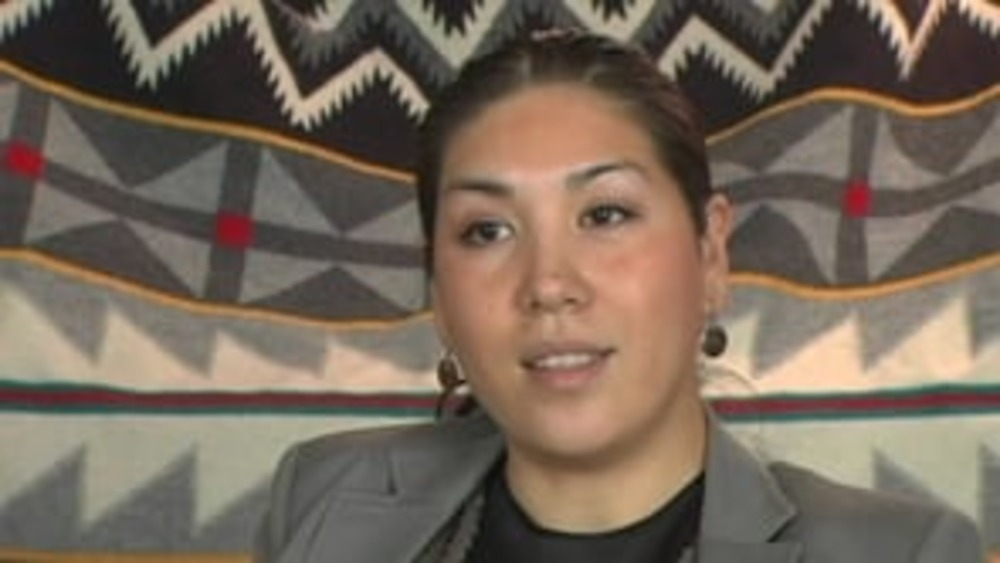
From the Rebuilding Native Nations Course Series: "Intergovernmental Relationships: Tools for Nation Building"
Native leaders discuss the ways that intergovernmental agreements serve as important nation-building tools for Native nations, strengthening their sovereignty and jurisdiction in the process.
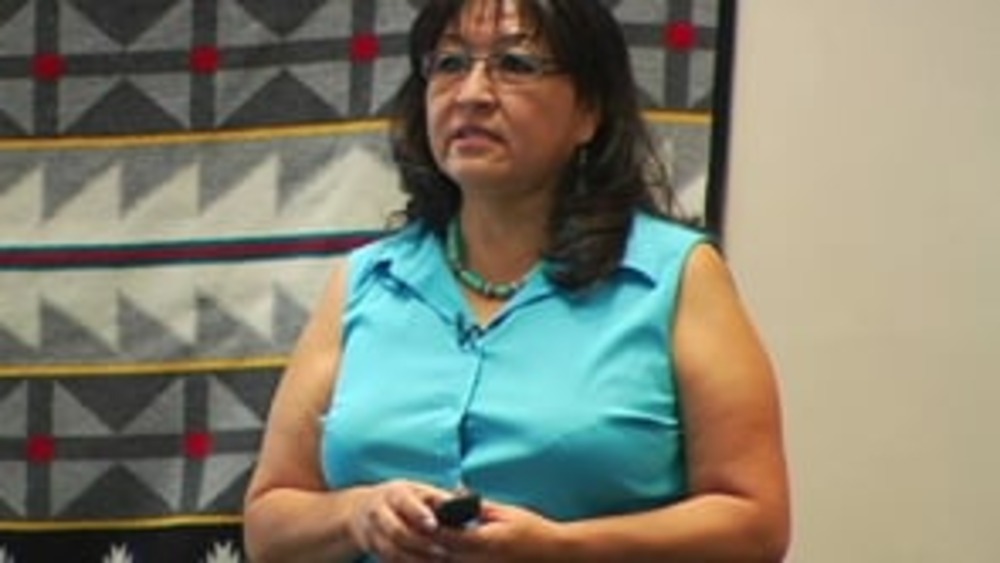
From the Rebuilding Native Nations Course Series: "Small Businesses and the Multiplier Effect"
NNI Executive Director Joan Timeche talks about the positive impact of citizen-owned businesses on reservation economies, not just in terms of economic development but in the overall quality of life for tribal citizens.
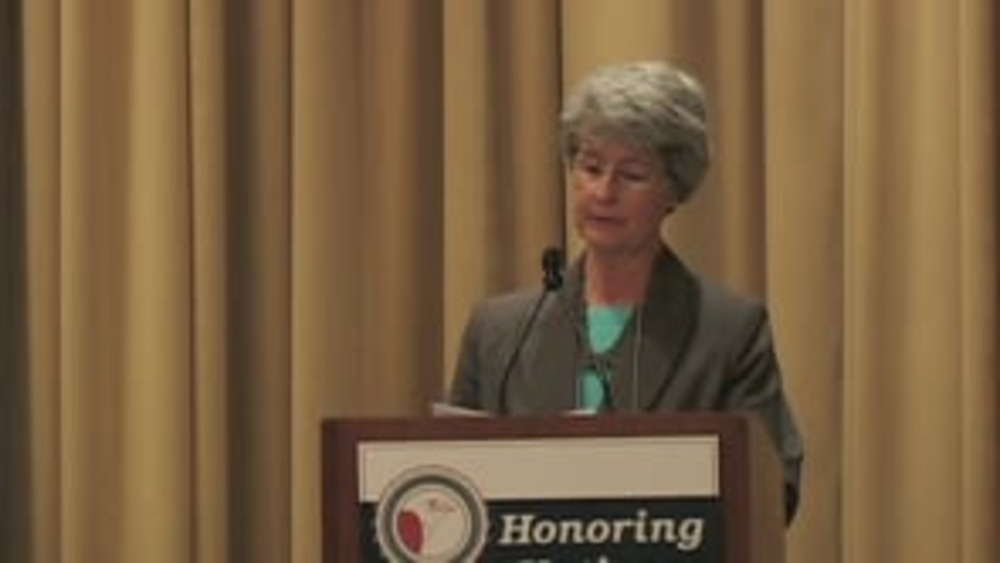
Honoring Nations: Carolyn Finster: Pine Hill Health Center
Pine Hill Health Center Clinic Administrator Carolyn Finster shares the story of how the Navajo people of Ramah capitalized on Public Law 93-638 to take over the education of their children and then their health care through the Pine Hill Health Center, which among other things has introduced…
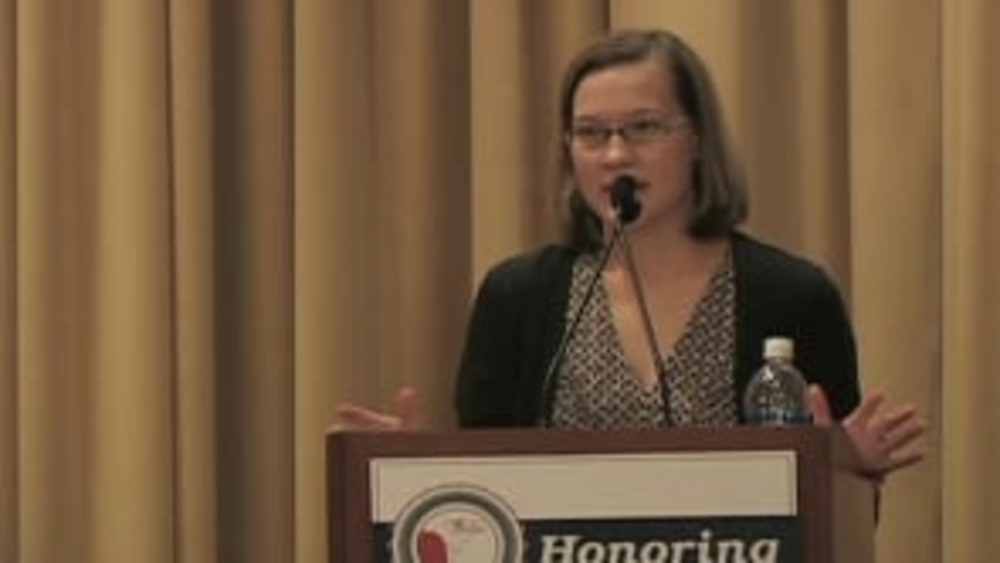
Honoring Nations: Sarah Hicks: NCAI and the Partnership for Tribal Governance
Former NCAI Policy Research Center Director Sarah Hicks discusses the growth of the National Congress of American Indians (NCAI) and specifically its recent initiatives to support the nation-building and advocacy efforts of Native nations.
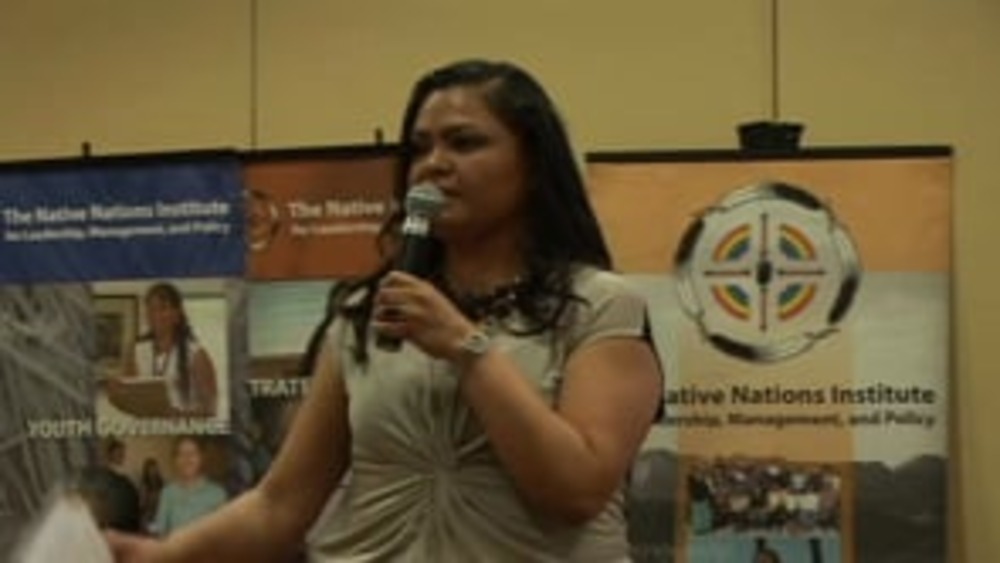
Rebecca Miles: What I Wish I Knew Before I Took Office
Nez Perce Tribe Executive Director Rebecca Miles discusses the challenges she faced as the first-ever chairwoman of the Nez Perce Tribal Executive Committee, and the strategies she used in order to govern effectively and make informed decisions.
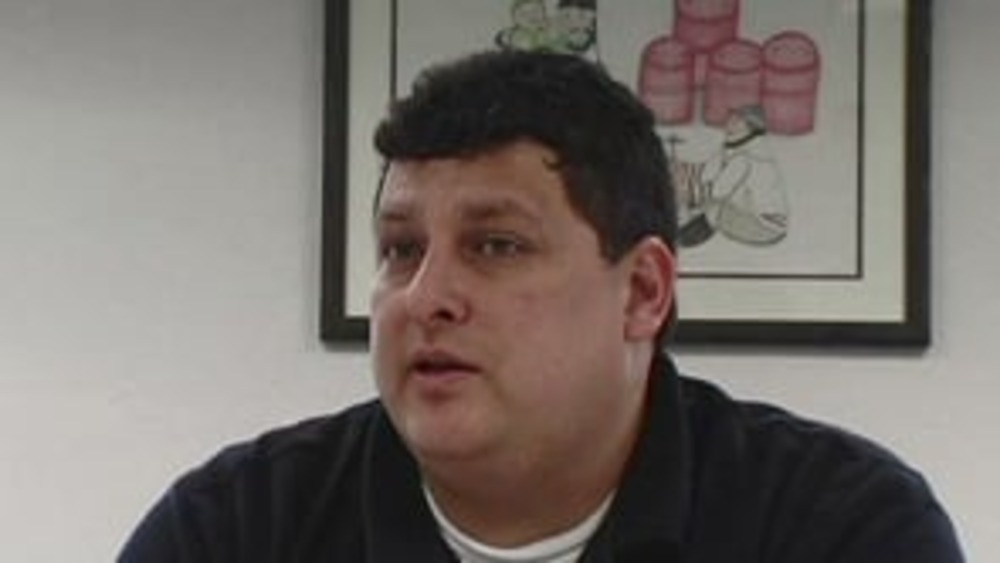
From the Rebuilding Native Nations Course Series: "The Politics-Enterprise Balance"
Native leaders and scholars share their thoughts about how Native nations can effectively manage the relationship between their governments and the businesses they own and operate.
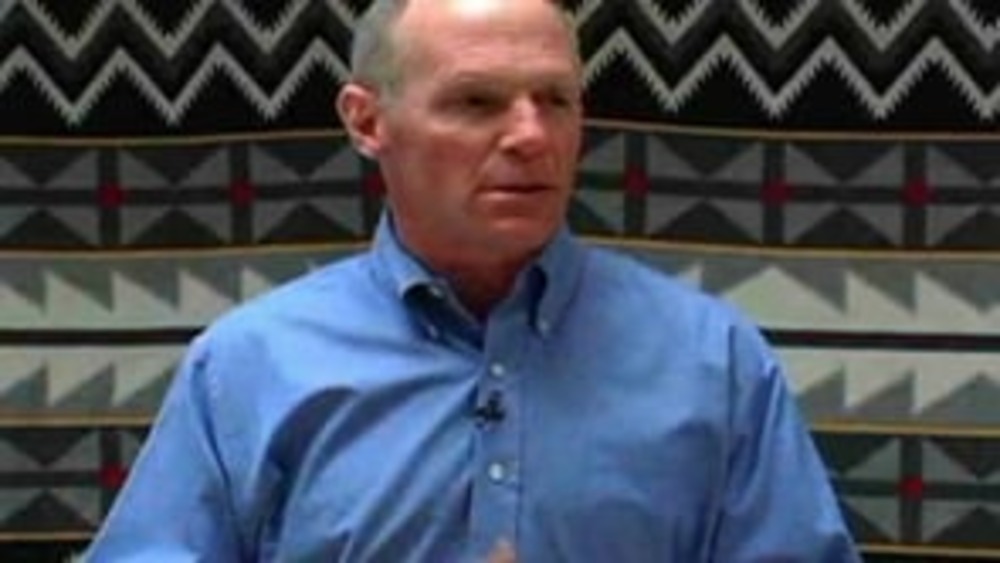
From the Rebuilding Native Nations Course Series: "What Do We Mean When We Say 'Constitutions'?"
Harvard Project on American Indian Economic Development Co-Director Joseph P. Kalt provides a definition of 'constitutions' in the context of nation building.
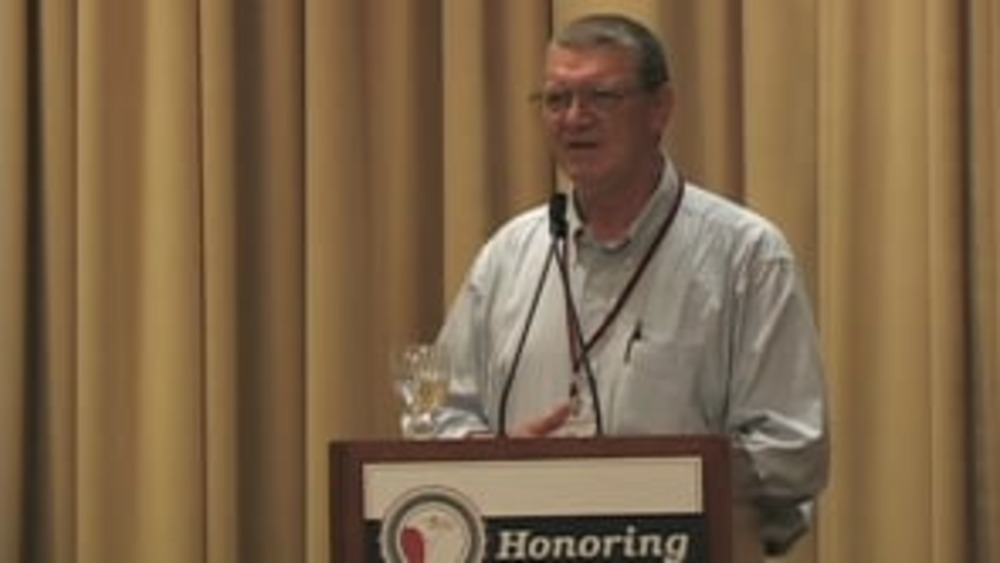
Honoring Nations: Pat Sweetsir: Yukon River Inter-Tribal Watershed Council
Middle Yukon Representative Pat Sweetsir of the Yukon River Inter-Tribal Watershed Council (YRITWC) discusses how and why the Indigenous nations living in the Yukon River Watershed decided to establish the YRITWC, and the positive impacts it is having on the health of the watershed and those who…

From the Rebuilding Native Nations Course Series: "Rules are More Important than Resources to Enterprise Success"
Professor Joseph Kalt discusses the importance of sound laws, codes, policies and other rules to the building of diversified, sustainable economies in Indian Country and everywhere else around the world.
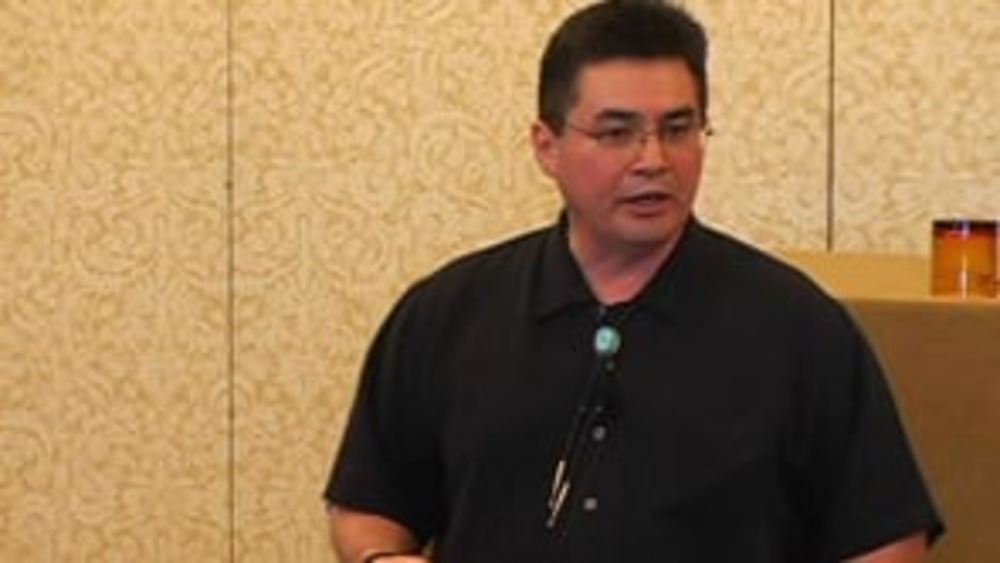
From the Rebuilding Native Nations Course Series: "Intergovernmental Agreements Are Nation-Building Tools"
Former Nez Perce Tribal Treasurer Jaime Pinkham discusses how intergovernmental agreements are becoming widely recognized as a vital nation-building tool for Native nations, amplifying their sovereignty and expanding their jurisdiction.
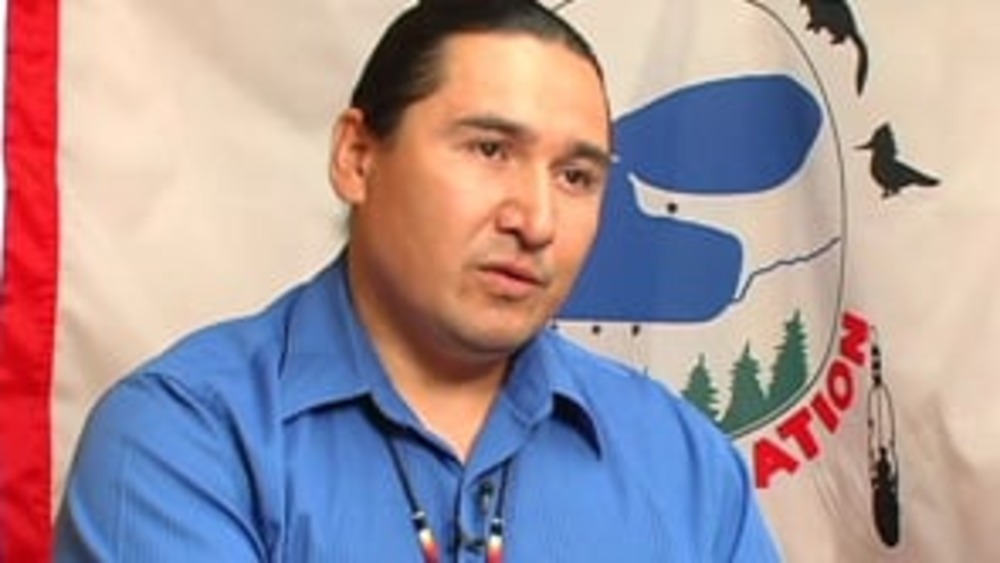
From the Rebuilding Native Nations Course Series: "Defining Sovereignty"
Native leaders offer their definitions of what sovereignty is and what it means for Native nations in the 21st century.
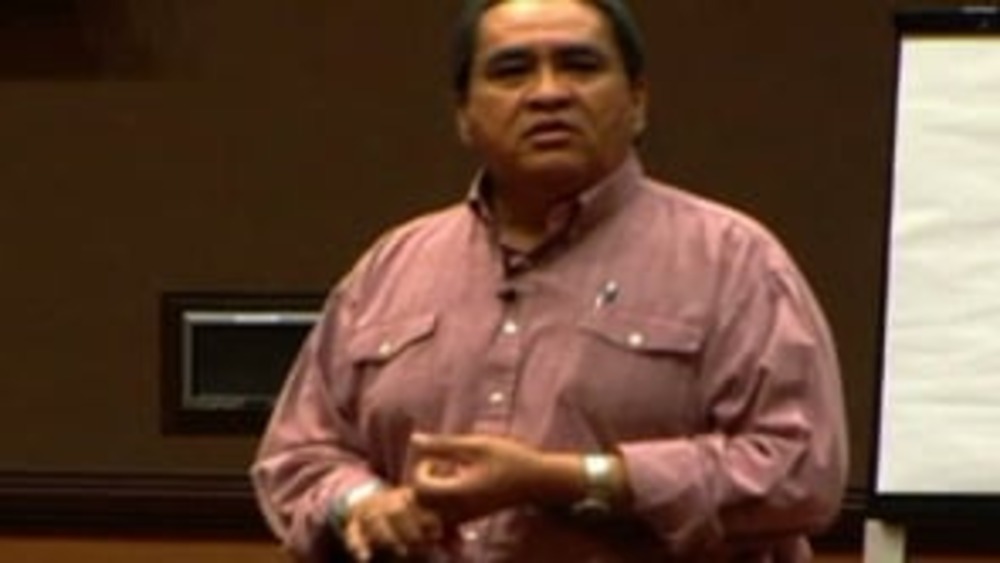
From the Rebuilding Native Nations Course Series: "The Importance of Cultural Match"
Dr. Manley Begay provides an overview of cultural match, which the Native Nations Institute and the Harvard Project have identified as one of the five keys to successful Native nation building.
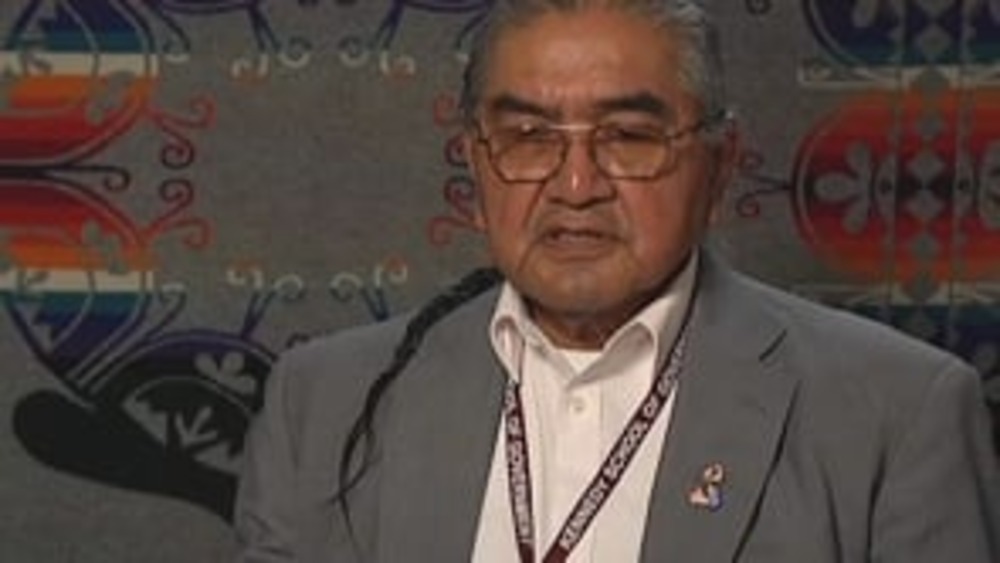
From the Rebuilding Native Nations Course Series: "The Importance of Strategic Planning"
Native leaders explain the importance of strategic thinking and planning to effective Native nation governance and emphasize the consideration of future generations in Native nations' decision-making processes.
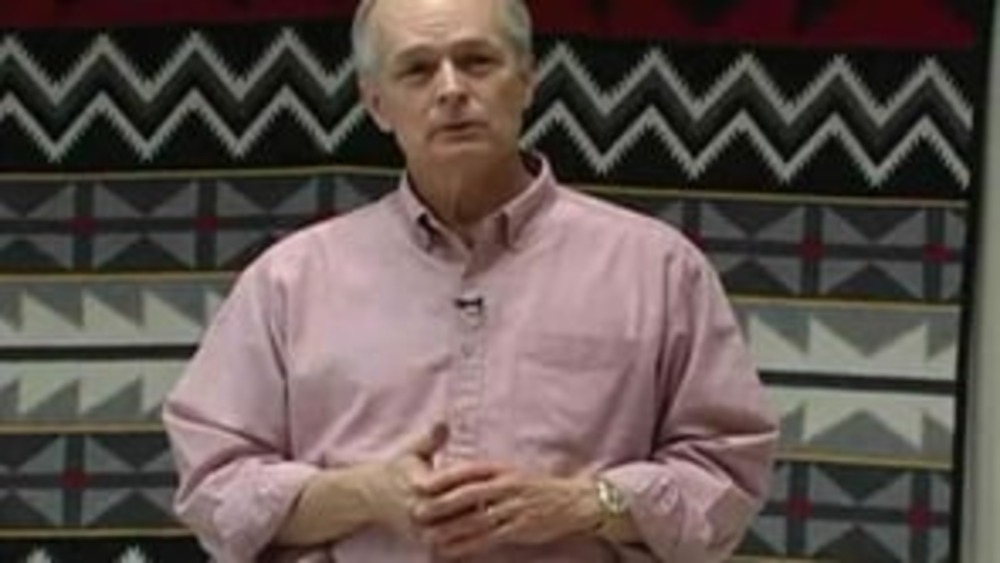
From the Rebuilding Native Nations Course Series: "Remaking the Tools of Governance: What Can Native Nations Do?"
Harvard Project on American Indian Economic Development Co-Director Stephen Cornell discusses the need for Native nations to reclaim and remake their tools of governance in order to meet the nation-building challenges they face today.
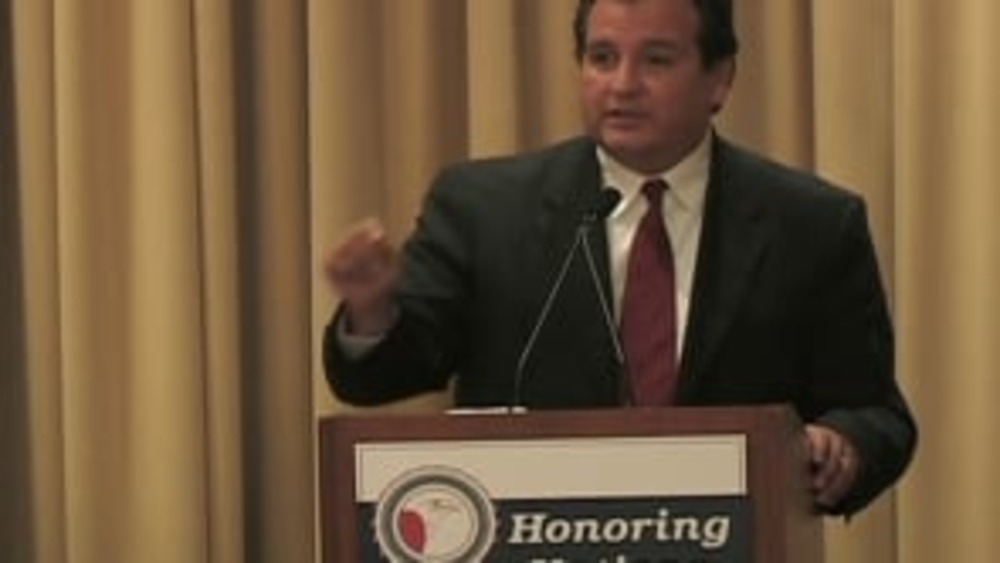
Honoring Nations: James R. Gray: Sovereignty Today
Former Osage Nation Principal Chief James R. Gray discusses what sovereignty means today through the lens of his first term in office under his nation's new system of government.
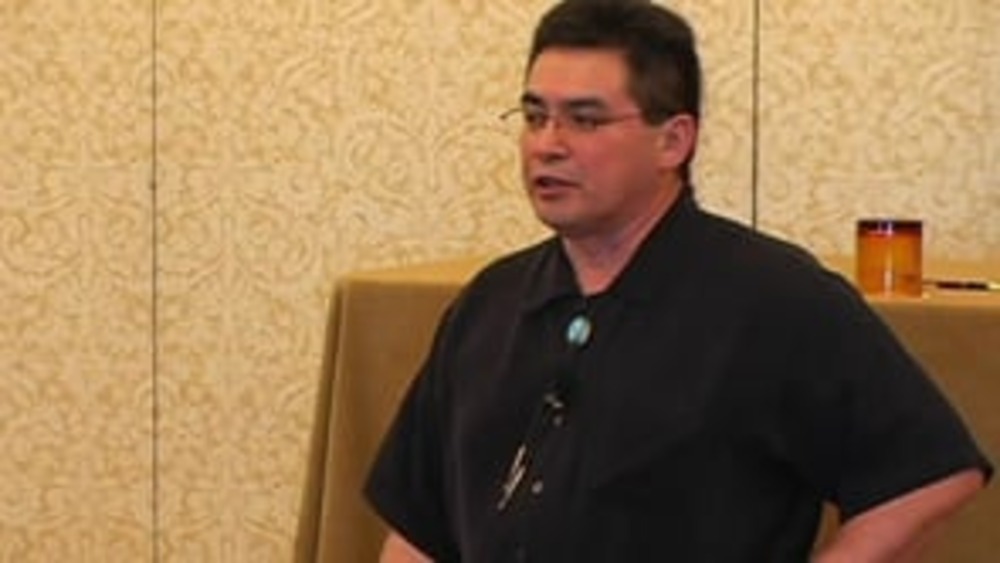
From the Rebuilding Native Nations Course Series: "The Benefits of Intergovernmental Relations"
Former Nez Perce Tribal Treasurer Jaime Pinkham discusses the concrete benefits of engaging in intergovernmental relations for Native nations.
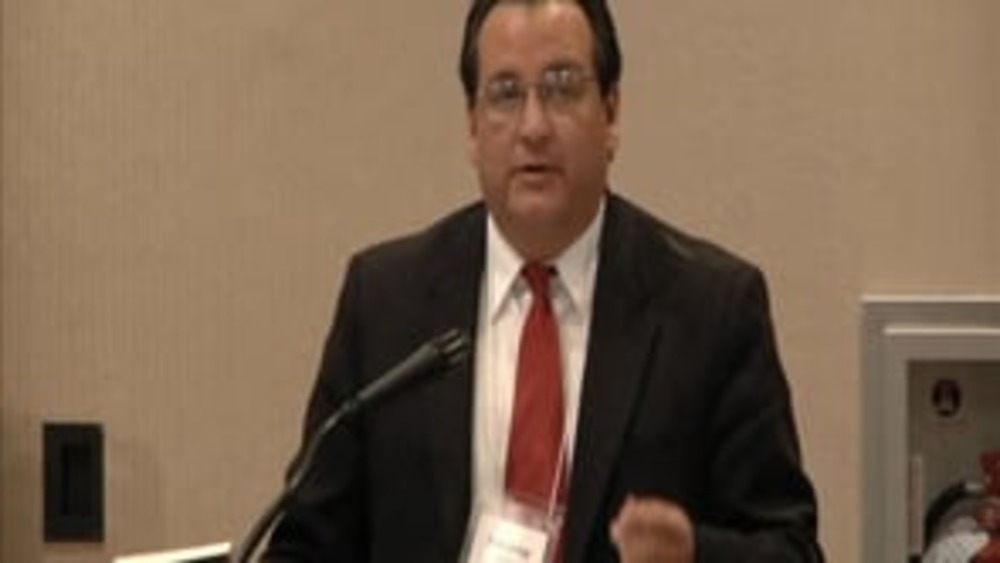
James R. Gray: Educating and Engaging the Community: What Works?
James R. Gray, former Chief of the Osage Nation, discusses leadership and governmental reform through educating and engaging the community. This video resource is featured on the Indigenous Governance Database with the permission of the Bush Foundation.
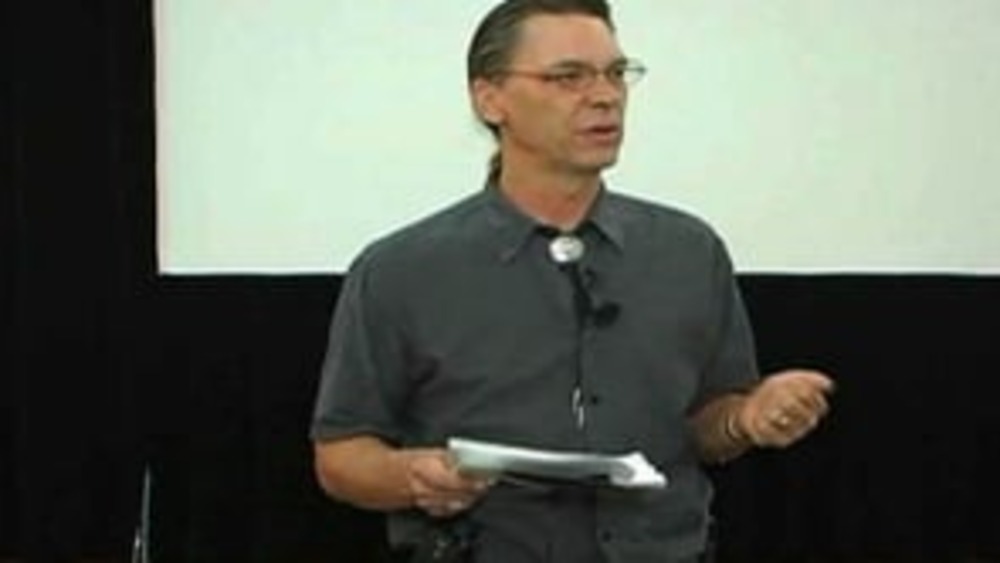
From the Rebuilding Native Nations Course Series: "Justice Systems: Key Assets for Nation Building"
Professor Robert A. Williams, Jr. discusses how an effective, independent justice system can play a pivotal role in a Native nation's efforts to exercise its sovereignty and strengthen its communities.
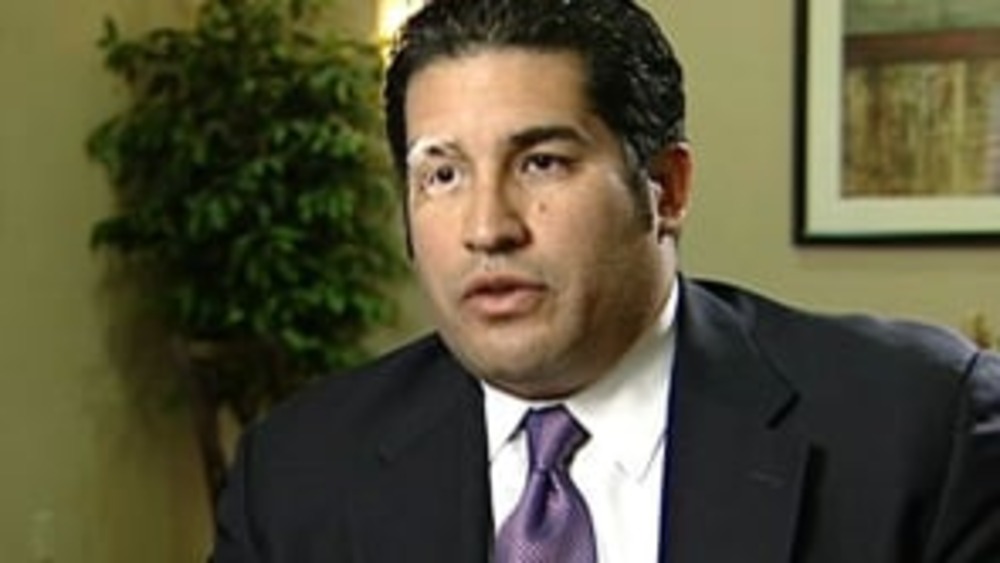
From the Rebuilding Native Nations (RNN) Course Series: "What is Nation Building?"
Native leaders define what nation building means to them, and what it entails for Native nations who are working to reclaim control over their own affairs and build vibrant futures of their own design.Learn about the RNN Course Series
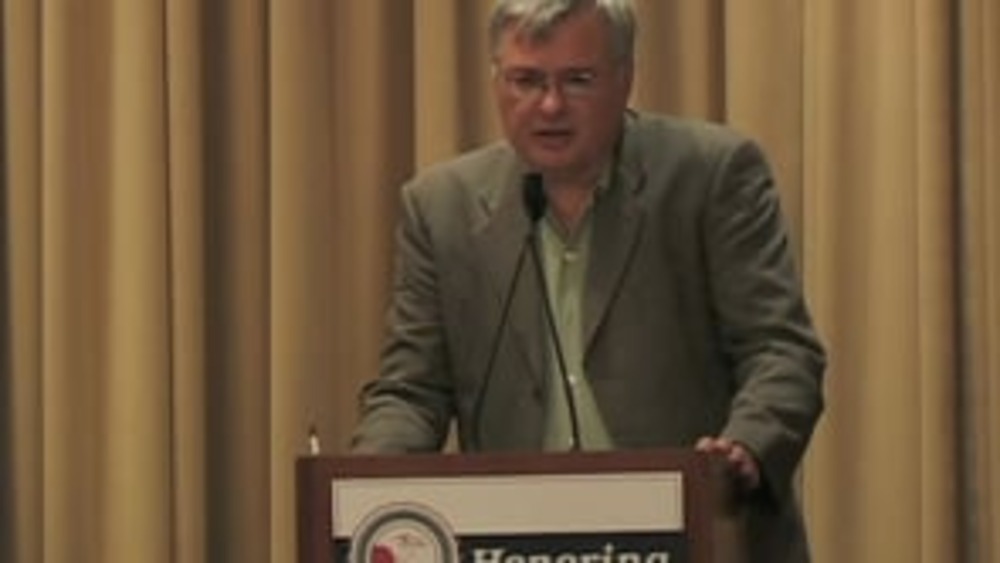
Honoring Nations: Duane Champagne: Government-to-Government Relations
UCLA American Indian Studies Professor Duane Champagne briefly discusses the history and importance of intergovernmental relationships for Native nations, spotlighting th Flandreau Police Department as a striking contemporary example.
Pagination
- First page
- …
- 44
- 45
- 46
- …
- Last page
